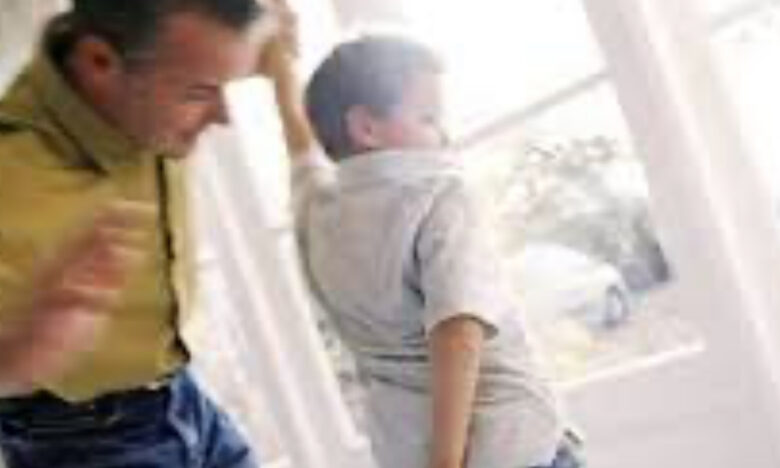Lesson’s vs. The belt
As a 70’s baby, I was brought up by the belt. The belt was the lesson and fear was the motivation. Any questions that raised me were responded to with “because I said so!” Does this quote sound familiar? Growing up, that was the way things were done. As a father, I proudly say I never spanked my kids. I yelled at them, sure, and got frustrated at times, but I never used the same methods that were applied to me. I’m not saying that parents who spanked their kids weren’t good parents—sometimes, that was just the way of the world back then. However, as times change, so too must the methods we use to raise and guide our children.

Now, as an educator who has been working with kids for over 25 years, I can see we are living in a time of transition—one that has become increasingly complicated. Parents, in many ways, have lost control over their children, especially with the internet and the larger social infrastructure shaping our kids’ lives. Society has changed in ways that we didn’t see coming. Our kids, the ones who were once taught to respect their elders and abide by rules, are now navigating a world where instant access to information can sometimes leave them feeling confused and entitled, like they have the power to question everything.

I look at today’s children and see a stark difference from my upbringing. In my grandparents’ house, there were rules. You entered with respect, which meant taking your hat off at the door. That was known, expected, and respected. As a child, I may not have liked all the rules, but I followed them—because there were consequences for not doing so. In those days, adults had control over kids, and the structure was clear. But now, I see kids that are increasingly out of control, questioning authority, testing boundaries, and in many cases, disregarding respect for their elders altogether.
The struggle we’re facing today in education, and in society as a whole, is real. As an educator, I’ve had to unlearn and relearn what it means to teach. It’s no longer about rules imposed through fear. It’s about finding ways to teach with words, with choices, and with respect for the child as an individual. But that’s not always easy in a world where social media, news, and even some of the family dynamics in children’s lives are telling them that they have the right to speak up, speak out, and question everything—even when that includes adults or authority figures.
This shift from fear-based discipline to a more understanding, choice-based approach is one of the greatest challenges of our time. It requires patience, reflection, and, most of all, flexibility. The children of today need to feel seen and heard. They don’t respond to fear the way we did. Instead, they need us to guide them with empathy, connection, and consequences that are not about punishment but about teaching. This is what we as educators are learning, and it’s what parents are realizing too.
The hard truth is that the world is changing faster than many of us are prepared to keep up with. But we must adapt. We need to stop looking at children as problems to be fixed and instead view them as individuals to be understood. We must move from fear-based strategies to approaches that foster understanding, connection, and growth. In this struggle, however, we’re not alone. Parents, teachers, and children alike are in the process of finding a new way to live and learn in this world, and it’s going to take time, patience, and willingness to listen.
I know we can make it through, but it will take effort from all of us. Together, we can teach children how to make better choices—not because we told them to, but because we helped them understand the world around them. We are not here to break them with fear; we are here to help them build the future with understanding, respect, and love. Once we figure this new age out we will be on to this next great challange!








